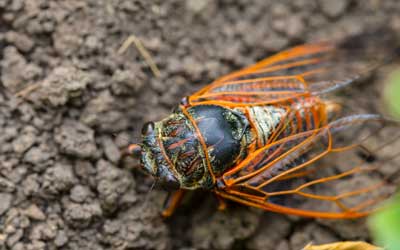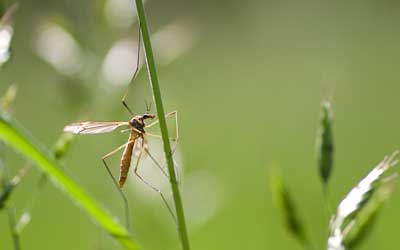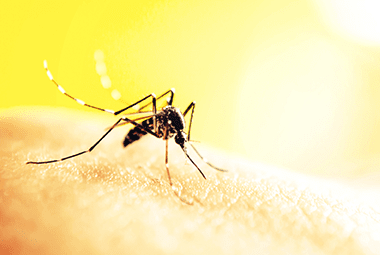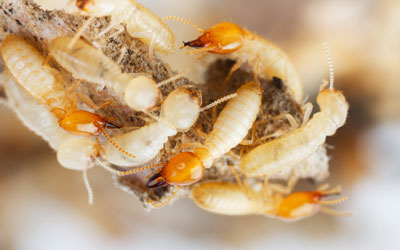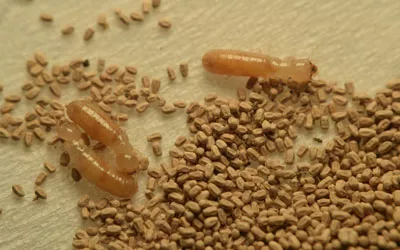Here in Knoxville, one spider in particular is making people call us left and right. If people in East Tennessee are calling us about spiders of alarming size, they probably have wolf spiders. There are more than 200 members of this spider family in North America, and they can range in size from half an inch to over four inches (including the legs, of course). Thankfully, the wolf spiders in our area are usually no more than an inch or two wide. Nonetheless, no one wants to encounter these spiders inside or outside their home. The experts at Russell’s Pest Control are here to share everything you need to know about
What Are Wolf Spiders?
Wolf spiders, in general, have a startling appearance. Like many spiders, wolves have four sets of round eyes arrayed across their heads. One of those sets happens to be front and center on their “faces,” which gives people the uncomfortable feeling that these spiders are looking at them (this is, of course, not true since spider vision is fairly poor and is mostly used to track shadows and movement). These are thick, dense spiders with sturdy, hairy legs. The broad, dark bands on their bodies make them stick out from across the room and can startle people very easily.
Something that is really upsetting to people is wolf spider hatching habits. They carry their egg sacs on their backs until the young are ready to hatch. At the right time, the mother spider opens the sac and allows the babies to crawl onto her back so that she can carry them around in relative safety for a couple of weeks. When the mother is squashed, dozens of tiny (and previously unnoticed) young will flee from her back, which almost always causes surprised homeowners to panic.
Are Wolf Spiders Dangerous?
Like all spiders, wolf spiders are predators; their main concern is hunting food. Unlike most spiders, they do not spin a web to help them capture their prey. Instead, they utilize their speed and large size to allow them to catch and overpower insects for their meals. This fearless hunter tendency creates a lot of the problems that humans have with wolf spiders.
Wolf spiders come across as very aggressive. They won’t seek out a fight with humans, but they will not necessarily scuttle off and try to hide in terror if cornered. It is not uncommon for a wolf spider to turn and charge you if you try to sneak up on one with a shoe. This makes them seem more vicious than they really are. Although a wolf spider is not afraid to deliver a bite if it can, humans have little to fear from these arachnids. Even a bite spiked with venom is unlikely to produce pain as strong as a bee sting, and allergies to their venom are rare.
How to Get Rid of Wolf Spiders in Knoxville
If you have a lot of wolf spiders or any spider for that matter, that’s likely because you have lots of other bugs providing a food source for them. Many times, this food source may be in a cluttered garage, and the spiders accidentally make it inside through cracks or open doors. Wood piles or debris against the house can also create habitats for just the sorts of creatures that wolf spiders like to eat. Either way, you’ll have to deal with the prey before you deal with the predators (which are really just trying to do you a favor by getting rid of your other bug problems).
If you are still dealing with excess spider problems, whether they’re wolf spiders or another type, the spider exterminators at Russell’s Pest Control can help! Our team can help pinpoint where spiders may be getting indoors, and implement spider prevention methods to keep them away. Contact us today!
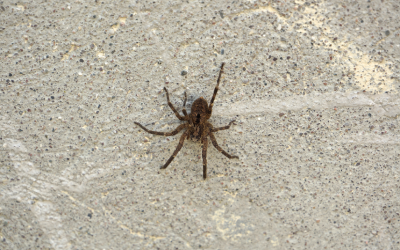
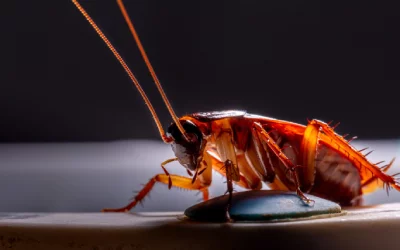
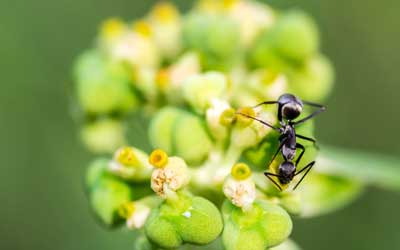
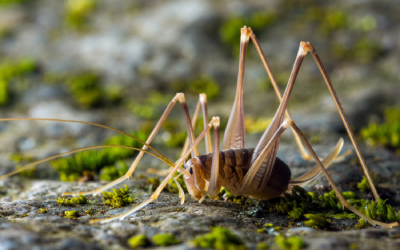
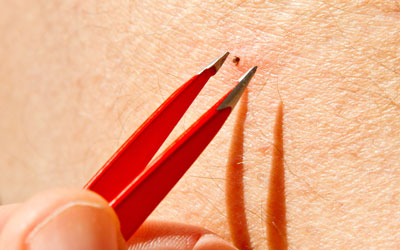
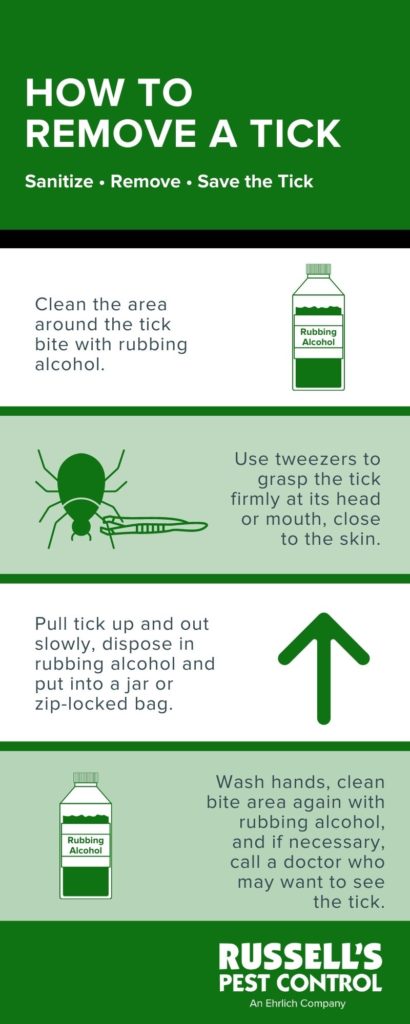 Steps For Safe Tick Removal
Steps For Safe Tick Removal